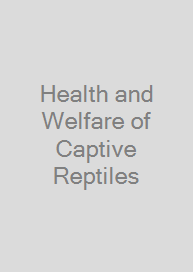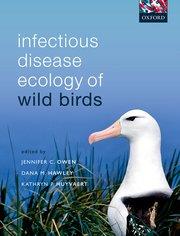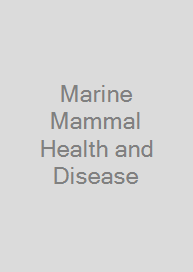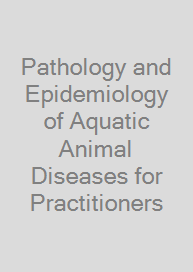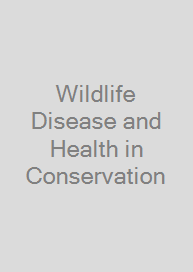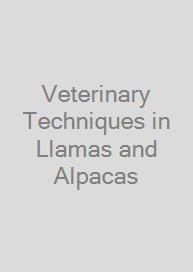Health and Welfare of Captive Reptiles
| Auflage | 2/E 2022 |
| Seiten | 785 pp., 75 illus. |
| Verlag | Springer |
| ISBN | 9783030860110 |
| Artikel-Nr. | 570151 |
Noch nicht erschienen, ca. Dez. Liefertermin 1-3 Tage nach Erscheinen
Produktbeschreibung
This extensively revised and expanded new edition offers concepts, principles and applied information that relates to the wellbeing of reptiles. As a manual on health and welfare in a similar vein to volumes addressing the sciences of anatomy, behaviour or psychology, this book thoroughly examines the biology of reptile welfare and is about meeting biological needs.
The editors, acknowledged experts in their own right, have once again drawn together an extremely impressive international group of contributors. Positive and negative implications of general husbandry and research programs are discussed. In addition to greatly revised original content are nine new chapters offering readers novel insight into:
- sensory systems- social behaviour
- brain and cognition
- controlled deprivation and enrichment
- effects of captivity-imposed noise and light disturbance on welfare- spatial and thermal factors- evidential thresholds for species suitability in captivity- record keeping as an aid to captive care
- arbitrary husbandry practices and misconceptions
The authors have adopted a user-friendly writing style to accommodate a broad readership. Although primarily aimed at academic professionals, this comprehensive volume is fundamentally a biology book that will also inform all involved in captive reptile husbandry. Among others, zoo personnel, herpetologists, veterinarians, lab animal scientists, and expert readers in animal welfare and behavioral studies will benefit from this updated work.
New edition with nine extra contributions
Provides an unparalleled overview on animal welfare and work with reptiles in captivity
Essential for all involved in reptile care, including herpetologists, zoo staff, vet and laboratory animal scientists
The editors, acknowledged experts in their own right, have once again drawn together an extremely impressive international group of contributors. Positive and negative implications of general husbandry and research programs are discussed. In addition to greatly revised original content are nine new chapters offering readers novel insight into:
- sensory systems- social behaviour
- brain and cognition
- controlled deprivation and enrichment
- effects of captivity-imposed noise and light disturbance on welfare- spatial and thermal factors- evidential thresholds for species suitability in captivity- record keeping as an aid to captive care
- arbitrary husbandry practices and misconceptions
The authors have adopted a user-friendly writing style to accommodate a broad readership. Although primarily aimed at academic professionals, this comprehensive volume is fundamentally a biology book that will also inform all involved in captive reptile husbandry. Among others, zoo personnel, herpetologists, veterinarians, lab animal scientists, and expert readers in animal welfare and behavioral studies will benefit from this updated work.
New edition with nine extra contributions
Provides an unparalleled overview on animal welfare and work with reptiles in captivity
Essential for all involved in reptile care, including herpetologists, zoo staff, vet and laboratory animal scientists
